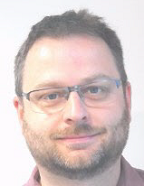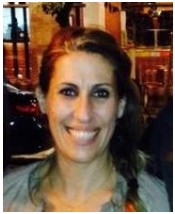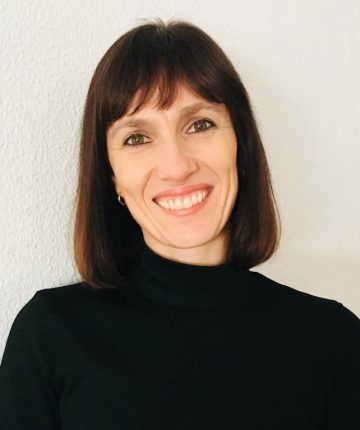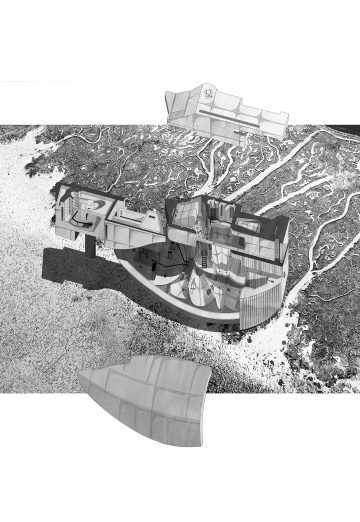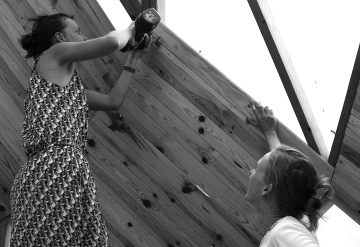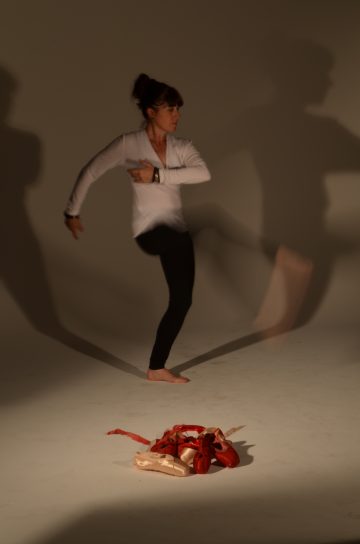
Source: SYork-Pryce
Seminar on the 11th January 2023:
Still Moving – Ethical considerations in embodied practice.
In this online seminar Dr Sonia York-Pryce reflects on ethical considerations within embodied practice and dance research.
To reflect on ethical considerations in her work, Sonia will begin with outlining the context of her work and what inspired her research. She will then explore the taboo of ageing and aesthetics and highlight the difference of the older dancer’s body. She will draw on her expertise in ageism and embodiment to talk about Practice As Research, which for her meant the creation of dance films with national and international senior professional dancers, but also with herself as a dancer.
Sonia York-Pryce, Dr Visual Arts, (Griffith University, Australia), Ba. Digital Media, (Honours; (Griffith University), Ba. Visual Arts (Southern Cross University, Australia), dancer, photographer, videographer, and interdisciplinary artist. From the 1960s to the present-day Sonia has trained and danced extensively in ballet and contemporary dance, initially in the UK then settling in Australia in 1994. She studied classical ballet at Elmhurst Ballet School, the Royal Ballet School, the London School of Contemporary Dance, and the Laban Centre, in London, UK. Sonia’s doctoral research, “Ageism and the Mature Dancer” examined how senior professional dancers, aged over 40, still performing, navigate the dance-by-date perpetuated within Western dance and consumer culture’s obsession with youth. Across a survey conducted through interviews and by email to over 35 participants, based nationally and internationally, York-Pryce discovered what drives these dancers to continue, and how they maintain their bodies.
Click here to access a PDF with more information about Sonia’s work and career.
Subscribe to the recordings:
Video hosted on the PAR YouTube channel.
Audio hosted on the PAR Buzzsprout channel and can be listened to on Spotify, Apple podcasts or on other RSS podcast apps.
The Practice As Research network with its resources is free and always will be, but it does of course incur costs to run and to keep it running. If you use it and benefit, enjoy it and would like to keep it going, please, consider leaving something in the tip jar. Thank you!
